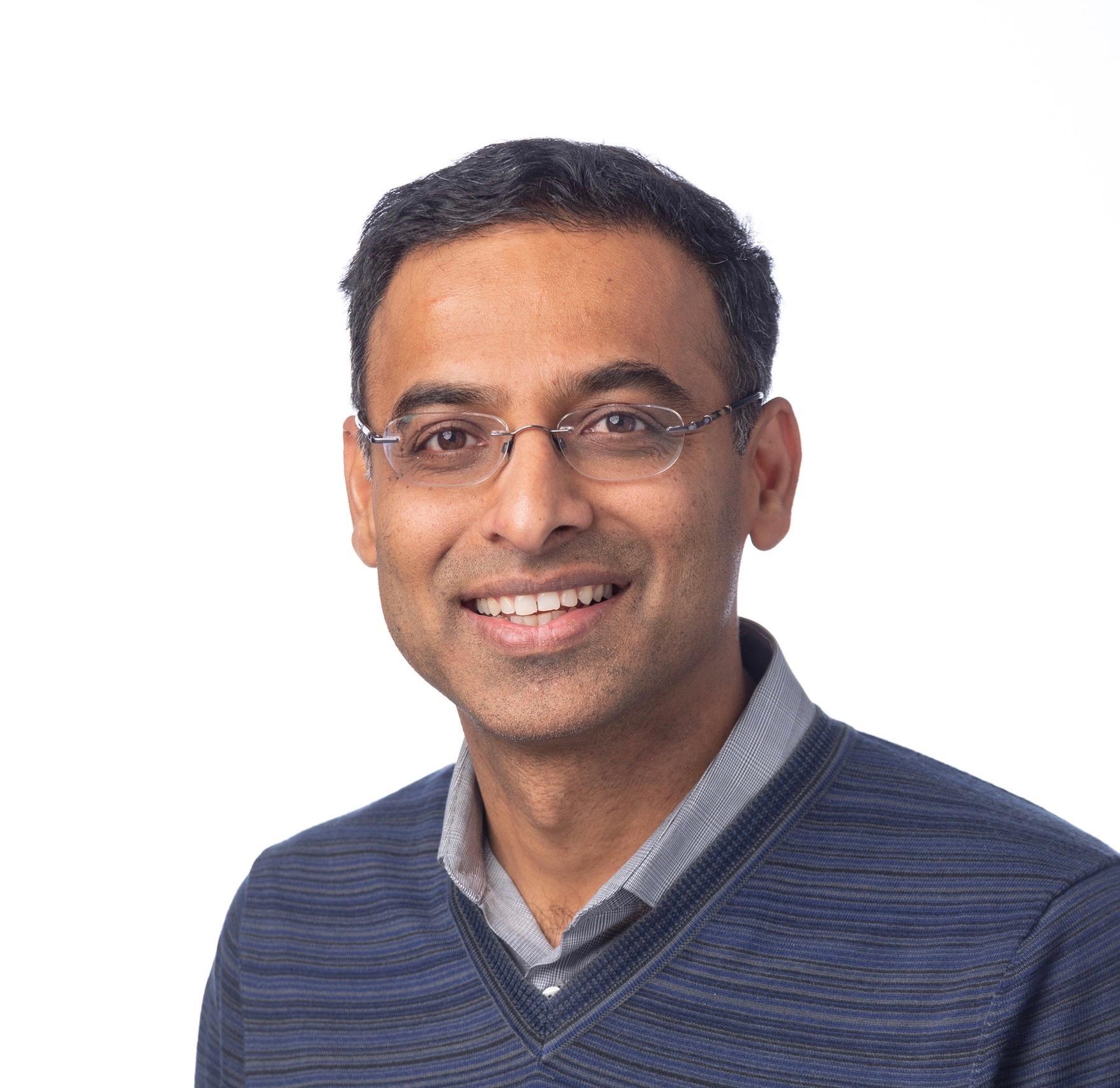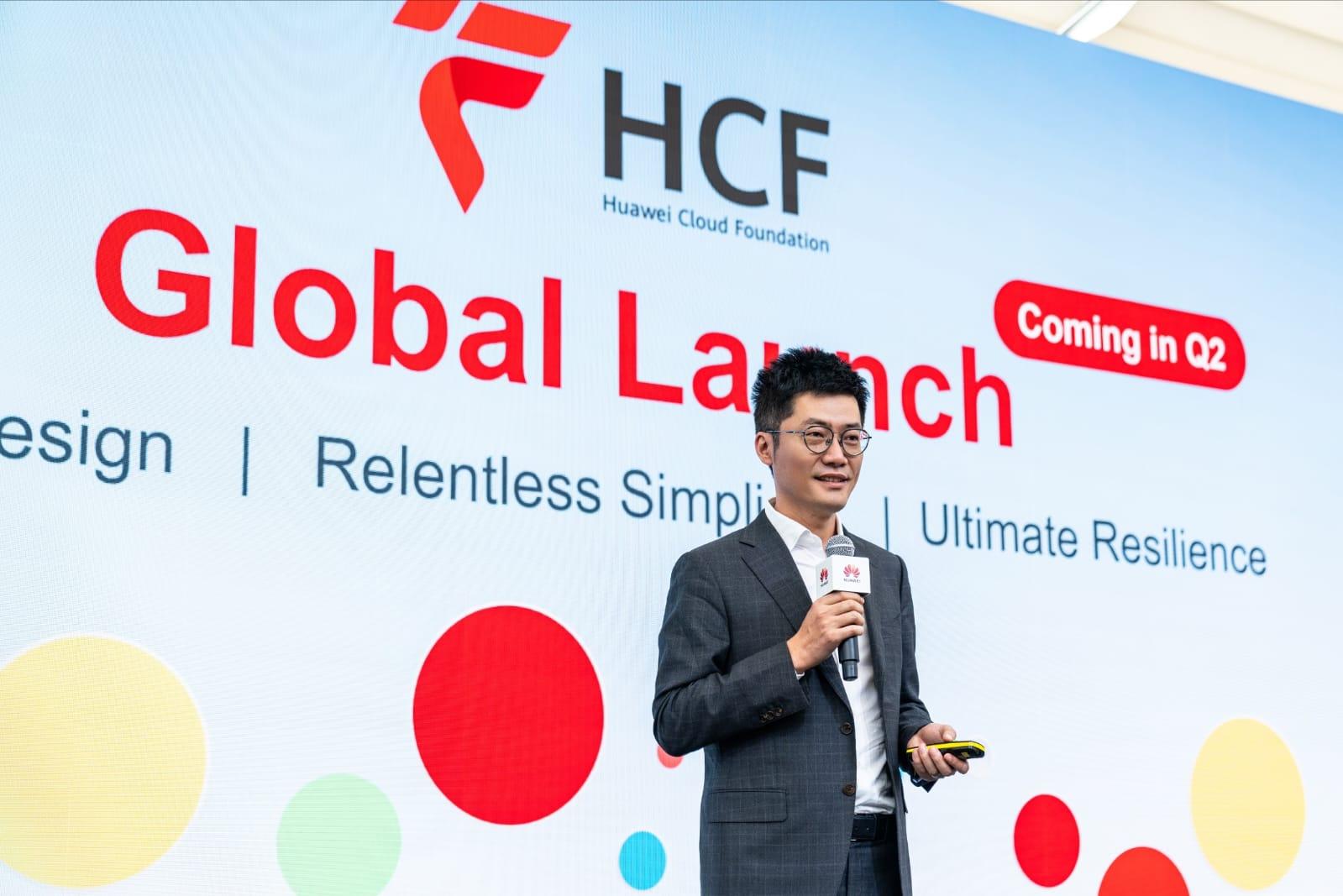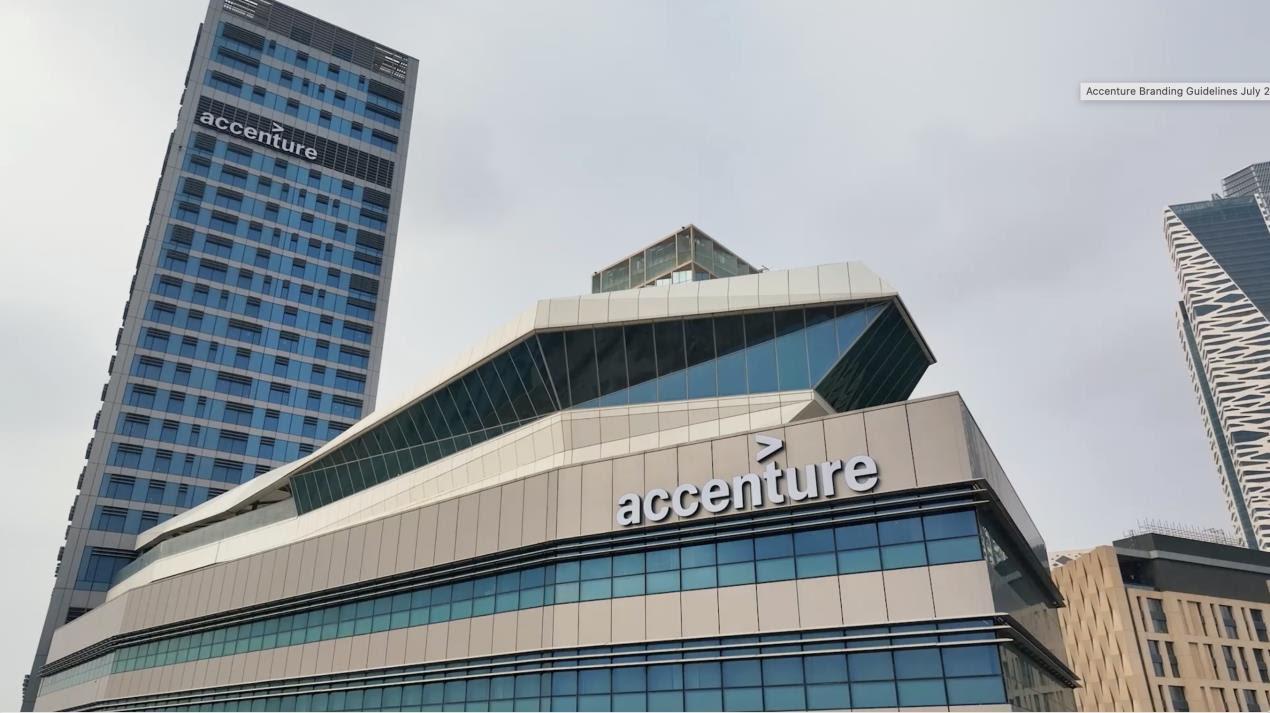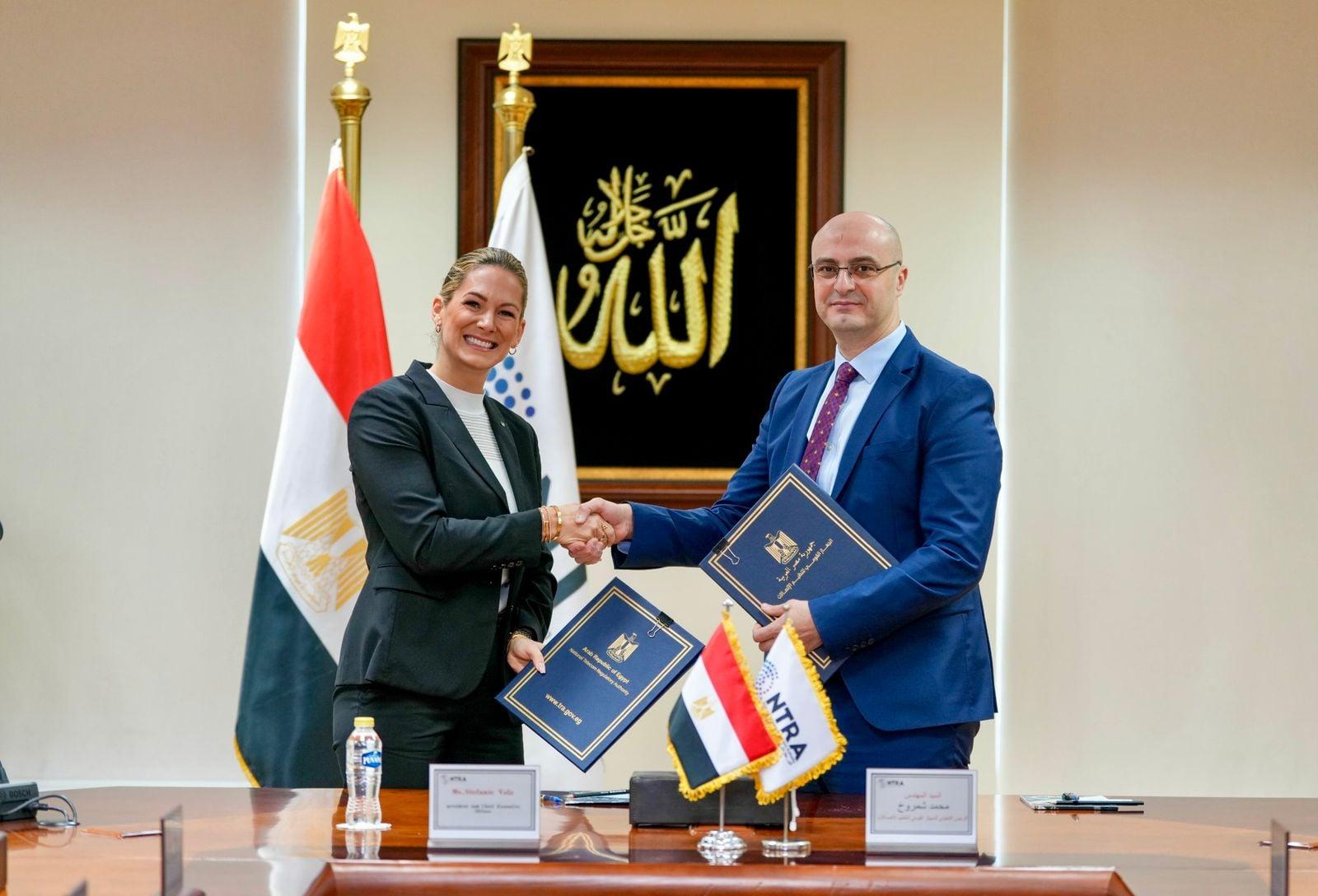By ; Shaima Hassan
On the occasion of World Water Day on 22nd March every year, Dubai Electricity and Water Authority (DEWA) has reinvited the public to intensify efforts to save our natural resources to ensure its sustainability for us and for generations to come. This year's theme, 'Water and Climate Change'.
The theme aims to raise awareness about the importance of using water efficiently, to limit greenhouse gases that causes global warming and climate change.
DEWA launched a series of interactive initiatives on social media to raise awareness and engage all stakeholders on water issues around the world, including water scarcity and pollution. As part of its ongoing awareness initiative around the year, DEWA has recently distributed Atmospheric Water Generators in coordination with the Ministry of Education on government educational institutes.
The first phase includes distributing the generators at 16 education institutions in Dubai, with plans to scale up to include more schools.
“DEWA is committed to achieving the long-term national initiative, launched by His Highness Sheikh Mohammed bin Rashid Al Maktoum, Vice President and Prime Minister of the UAE and Ruler of Dubai, under the theme ‘Green Economy for Sustainable Development;’ and the Dubai Carbon Abatement Strategy, to reduce carbon emissions by 16% by 2021; and the Demand Side Management Strategy, to reduce consumption by 30% in 2030. This is in accordance with the 6th goal of the UN Sustainable Development Goals (SDG)s to ensure water and sanitation for all. Water is the cornerstone of economic and social development.
Considering global challenges in water scarcity, population and economic growth, we reiterate our call on the World Water Day to all society members to protect natural resources, especially water. We also call on governments and concerned organisations to collaborate to provide sustainable solutions and enhance awareness on water issues and regional challenges. This is to ensure water security and sustainability of water resources for generations to come,” said HE Saeed Mohammed Al Tayer, MD & CEO of DEWA.
“As a socially responsible government organisation, DEWA adopts an integrated strategy to raise awareness on the importance of conserving electricity and water consumption, engaging all customers and society members. Throughout the year, DEWA launches a series of integrated and innovative initiatives, programmes, activities, and awareness campaigns to encourage all to adopt positive behaviours and a responsible lifestyle in electricity and water consumption.
This supports our efforts to protect the environment and reduce the carbon footprint. Schools are particularly important as they spread knowledge among the next generation, who become aware of protecting valuable natural resources, avoiding misuse and waste, in addition to being responsible for leading sustainable development,” added Al Tayer.
The results we have achieved, by merging forces between individuals and organisations, demonstrate the extent to which all members of society can contribute to national and global efforts to mitigate climate change and global warming. This is by adopting positive practices at home and in the workplace, to rationalise the consumption of natural resources, and reduce carbon dioxide and greenhouse gas emissions. DEWA’s programmes and initiatives in conservation has achieved significant savings. Cumulative savings between 2009 and 2019 reached 2.2 terrawatthours (TWh) of electricity and 7.8 billion gallons of water, equivalent to AED 1.3 billion. These savings were achieved in the residential, commercial, and industrial sectors, educational institutions, governmental and semi-governmental organisations.
These savings are equivalent to an annual electricity consumption from approximately 327,000 apartments and yearly water consumption of 250,000 apartments. This has contributed to reducing 1.136 million tonnes of carbon emissions equivalent to planting 1.3 million trees and the use of 134 million LED lights. At the same time, water-saving was equivalent to filling up 14,000 Olympic swimming pools,” said Al Tayer.














































































